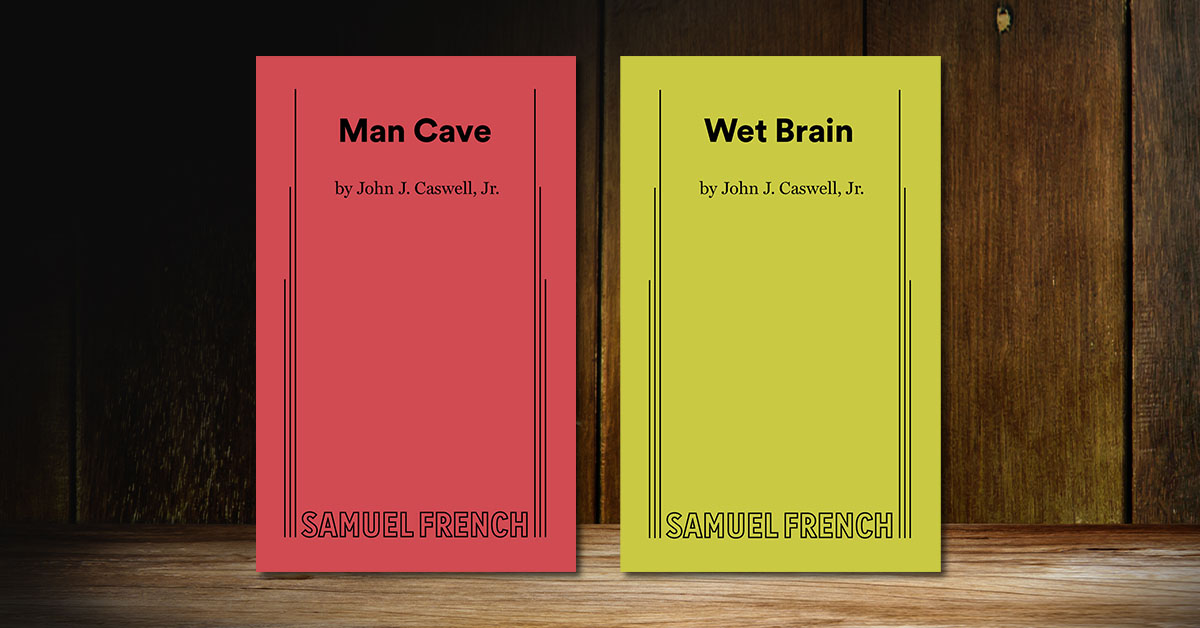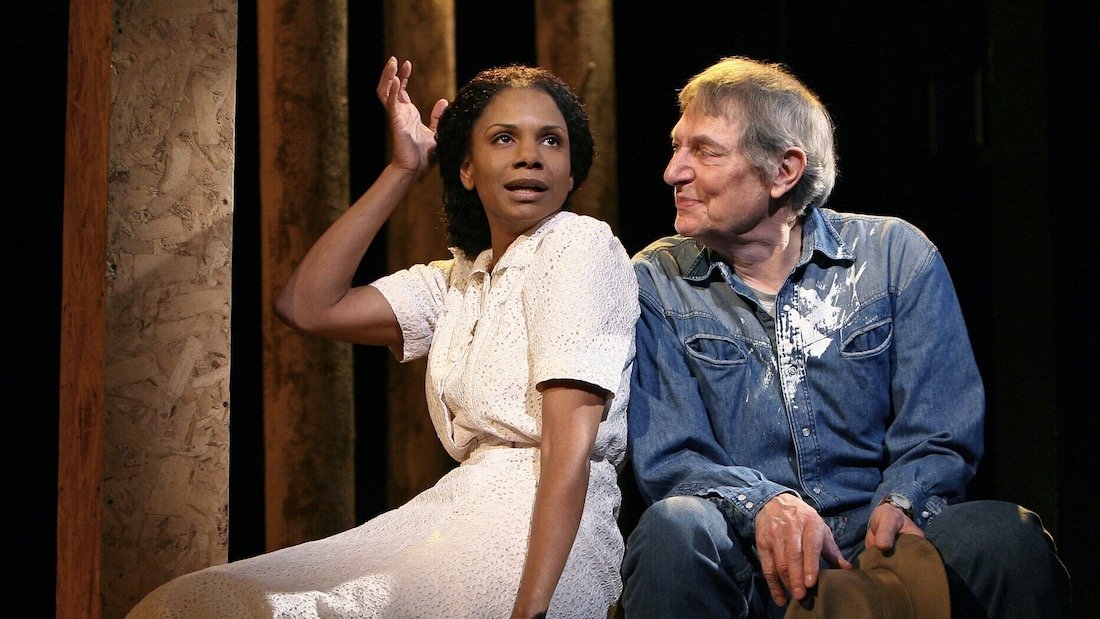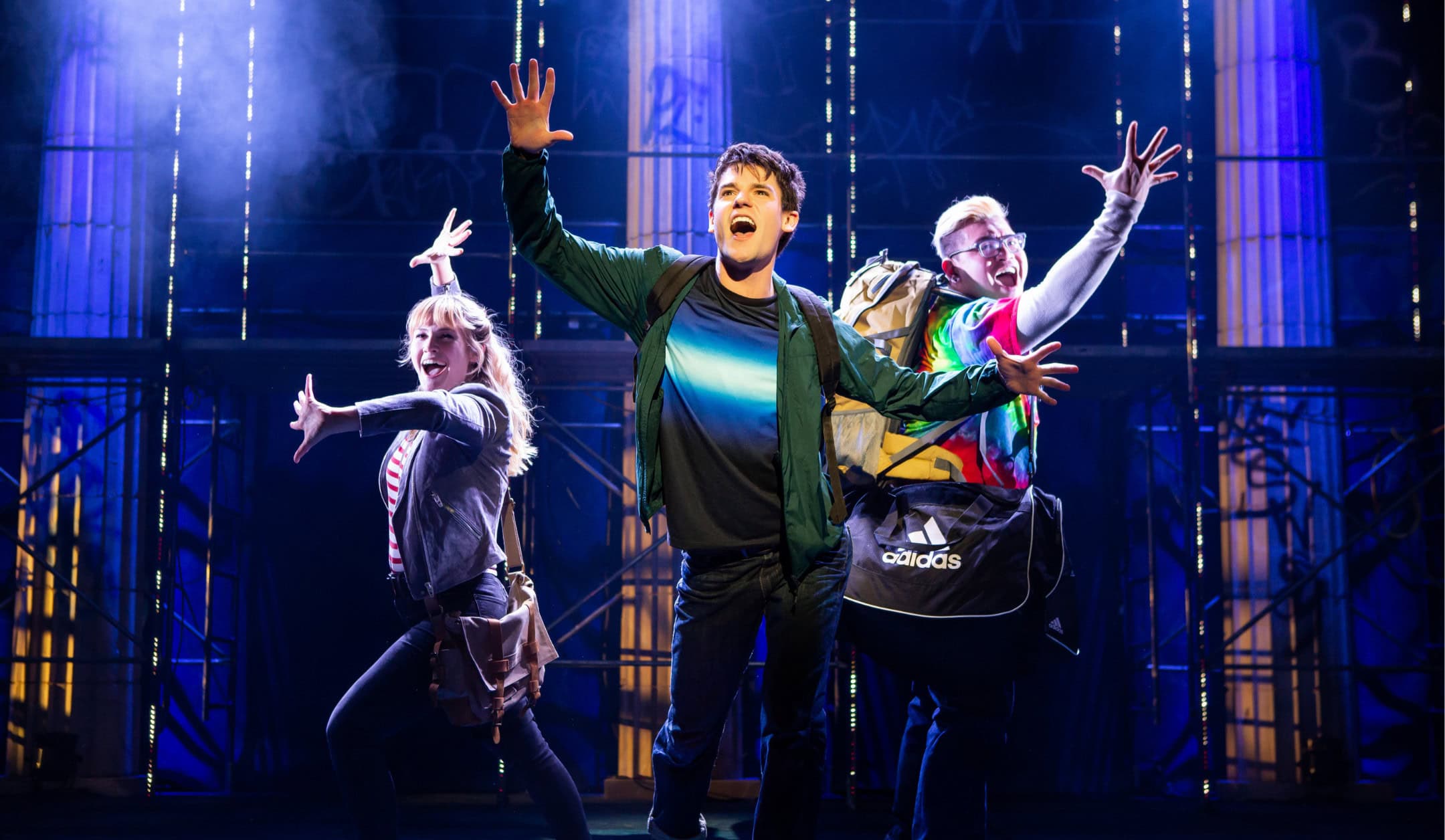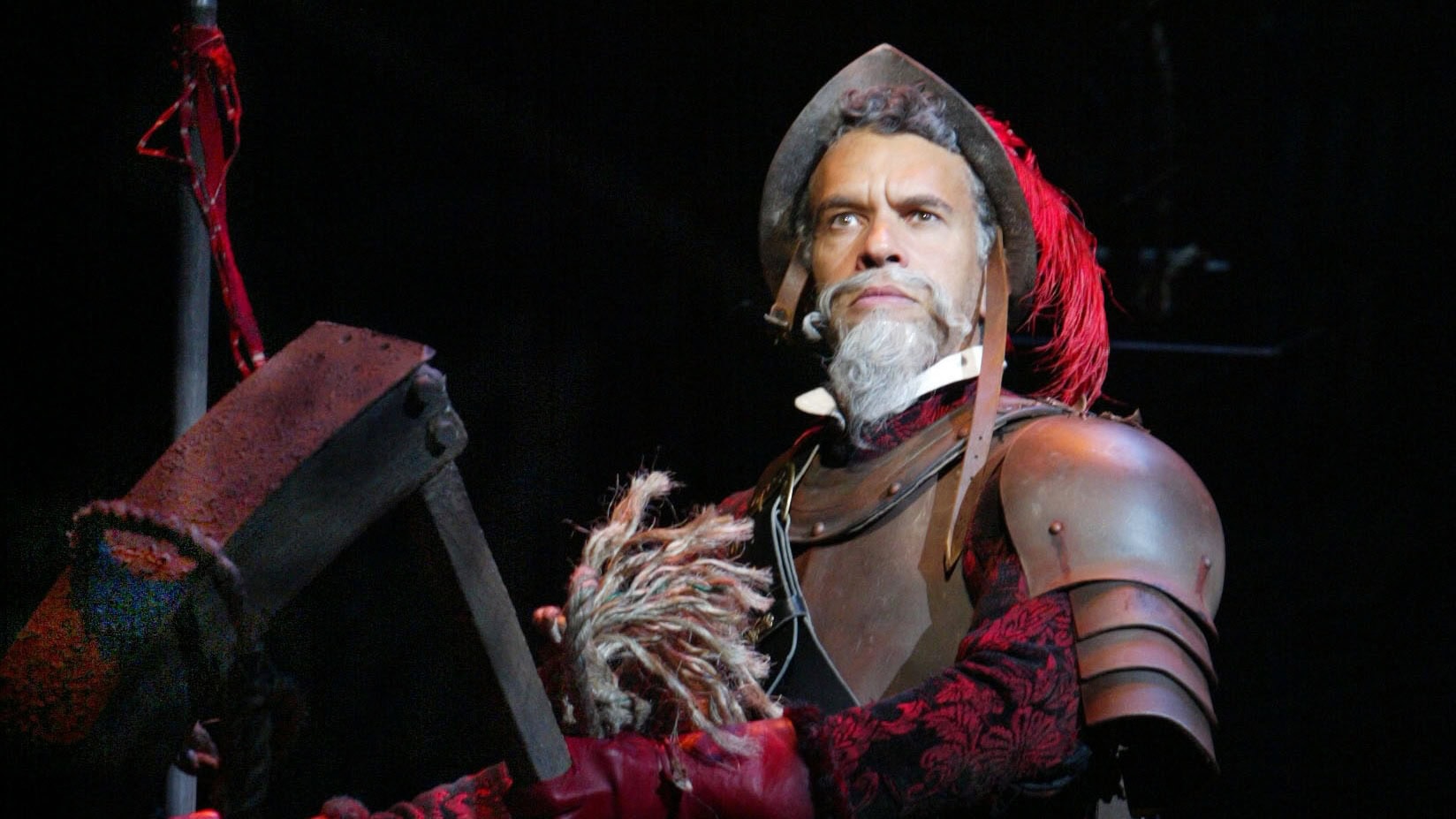
Playwright John J. Caswell, Jr. has made quite the splash in New York’s off-Broadway scene. His first major off-Broadway premiere in 2022, Man Cave (US/UK), gave audiences a horrifying look at four Latinas who barricade themselves in the basement of a Republican congressman’s home before exorcising his demons and some of their own. This was immediately followed in 2023 with the smash hit Wet Brain (US/UK), a family drama where three adult siblings struggle to take care of their father, whose alcoholism has left him physically incapable of caring for himself. As the trio regroup, their memories and daily lives blur as they question who their father really is.
We reached out to John to ask him some questions about both plays.
How would you describe yourself / your work as a writer?
I’m a queer writer of Mexican descent, born and raised in Phoenix, Arizona, where I began as a maker of devised theatre and a producer of nightclub events, warehouse dance parties and desert raves. This combination of work cemented my passion for a spectacle and hyper-theatricality that would eventually find its way into my more recent work.
I write plays for folks not often seen on stage, placing their characters within stories that empower them to push against the conventions and monoliths so typically associated with their identities and cultural backgrounds. It is my hope to write stories that subvert producer and audience preconceptions of what exactly constitutes a Latiné play, or a queer play, or a play about folks in the latter part of their lives.
What is missing in the canon when we write about these groups today? How can we amend the record? How can I write something of greater consequence for actors often stuck playing the same limiting roles their entire careers? And, on top of all that, how can I write these plays in a way that gives my collaborators the opportunity to demonstrate their own unique artistries at their fullest potential? These are the questions that guide me when I write.
Both Man Cave and Wet Brain are set in your home state of Arizona. Is there something about the state that inspires your writing?
Arizona is a very complicated place that feels perpetually unresolved in my mind and spirit. It’s home to people that I love and it’s where I made some wonderful memories, but it’s also the location of a great deal of my unresolved traumas. And now it’s become newly traumatic in adulthood as I watch family there vote against my own humanity. But despite the negatives, I also see the magnificent beauty of the land and the power of its history. There is something miraculous about life in the desert that always inspires me creatively.
Your plays often start as seemingly realistic situations before eventually moving into some supernatural spaces. What draws you to the supernatural?
Yes, I usually write in the overlaps of reality, interior life, supernatural phenomena, and the liminal/metaphysical places of human processing that we don’t usually see on stage: hallucinations, fantasies, dreams, false memories, perceived hauntings, etc. I do this as an attempt to create in an audience a more complete view of character by conveying not only the person’s experience of the given circumstance, but also their unique experience of the sensorial and psychic worlds that exist around them.
In terms of genre, Man Cave is both a horror and political play (and it’s funny!). Did you set out to write one or the other when the idea came to you?
Lately the news seems to be one massive horror show, doesn’t it? So when I thought of Man Cave and these characters, it was impossible to separate their personal anxieties from politics and the many horrors experienced at the hands of governments and elected officials playing fast and loose with their lives. But it also became impossible to separate the horror and the politics from the humor and the wit these women so expertly wield in the face of extreme danger and lack of mobility. Sometimes things are so bad you just have to laugh.
Man Cave is unfortunately prescient both societally and politically. What do you hope audiences will take away from seeing this show?
I hope an audience will walk away with a perspective that challenges something about their own. It’s really that simple for me. And I also hope an audience will take whatever else they need and that they each take something a little different. My favorite kind of theater is the kind that keeps me thinking of it, wondering about it, for days or weeks after. So that’s the kind of play I try to write, and that’s the kind of play I think Man Cave is.
Wet Brain is a deeply personal story based around some of your own experiences, and yet it was impactful to so many who saw the premiere at Playwrights Horizons. What makes this show speak to so many audiences?
I think addiction is something that touches each and every one of us at some point. And because it’s not something easily or openly discussed due to the overwhelming stigma and shame attached to dependence, many people might feel as if they’re the only one going through it. I think there’s great power and safety in collectively looking at something terrifying like addiction. It reminds us that we can all see it, that it isn’t some discerning killer only out for us. I think that’s what resonates with people the most, the communal acknowledgement that something so ugly exists and that none of us are exempt and that we are more connected than we realize and less alone in this world than we think.
There is a scene in Wet Brain that (without giving anything away) is out of this world, and in its premiere was quite a feat of scenic design. What does the small blackbox production of that scene look like to you?
I think the key words to focus on for a successful production of Wet Brain, regardless of resources, are vision and intentionality. Successful design will always be important to this play, but when I speak of spectacle and hyper-theatricality, that need not mean largeness or costly machinery, although we certainly had fun making it that way. In a black box maybe you’d consider that the walls of the theatre itself might also be playing surfaces. You might utilize ladders to achieve height in certain scenes. Or employ wheeled scaffolding to move people through zero gravity. There is absolutely a version of the play that relies more on old-school theater magic and sparse but affecting gesture rather than building giant moving set pieces. I can’t wait to see that Wet Brain.
For more information about licensing a production of Man Cave or Wet Brain, visit Concord Theatricals in the US or UK.

Plays that Inspired Musicals

QUIZ: Which Character from The Lightning Thief Are You?

